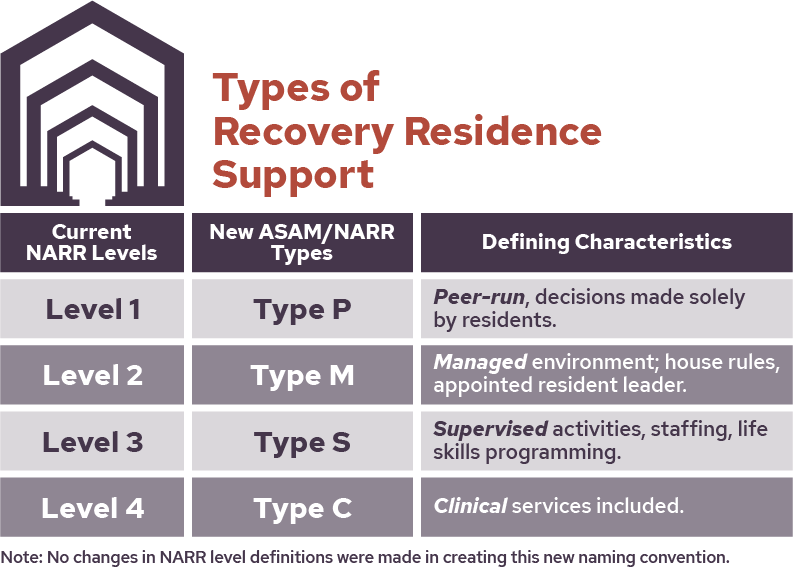Updated ASAM Criteria and its Impact on Recovery Housing
ASAM Fourth Edition: Enhancing Standards for Recovery Housing and Long-Term Sobriety
In October 2023, the American Society of Addiction Medicine (ASAM) unveiled the Fourth Edition of their treatment standards criteria, marking a pivotal moment in the field of addiction recovery. This latest edition introduces several updates that directly impact recovery housing, underscoring its critical role in supporting long-term sobriety.
Recognition of Recovery Housing
One of the significant advancements in the ASAM criteria is the explicit acknowledgment of Recovery Housing as a crucial component in the continuum of care for individuals recovering from substance use disorders (SUDs). While not established as its own distinct level, Recovery Housing is integrated into Level 1 care, emphasizing its importance as a supportive environment for sustained recovery.
ASAM collaborated closely with the National Association of Recovery Residences (NARR) to establish standardized guidelines for Recovery Residences. Among these guidelines is a recommendation for implementing software systems like Sobriety Hub. Such tools are designed to streamline operations, centralize record-keeping, and enhance organizational efficiency. By minimizing administrative burdens, these systems enable managers and administrators to focus more on resident care and support.
The Chronic Care Model and Long-Term Recovery
The Fourth Edition of ASAM underscores the Chronic Care Model, highlighting that substance use disorders are chronic conditions requiring long-term management and support. This perspective challenges the notion that recovery concludes with the completion of a treatment plan, emphasizing instead the ongoing need for structured support and community engagement.
Importance of Recovery Residences
ASAM's updated criteria strongly advocate for the integration of Recovery Residences into comprehensive recovery plans. These facilities provide a structured environment that fosters personal responsibility, community support, and skills development necessary for individuals to manage their SUDs post-treatment successfully.
Moreover, ASAM recognizes the pivotal role of various recovery support services, including Recovery Community Organizations and Peer Support. These services complement formal treatment by offering ongoing encouragement, connection with peers, and practical guidance in navigating life after rehab.
Looking Ahead
The ASAM Fourth Edition represents a significant milestone in the evolution of addiction treatment standards, particularly in elevating the status and importance of Recovery Housing and associated support services. By embracing these updates, stakeholders in the addiction recovery field are better equipped to provide holistic care that addresses the complex and lifelong nature of substance use disorders.
As we move forward, it is crucial for stakeholders, policymakers, and communities to continue supporting initiatives that promote access to high-quality recovery housing and comprehensive support services. Together, we can strengthen the foundation of long-term recovery and empower individuals on their journey to sustained wellness.
Stay tuned for further updates and insights as we navigate these advancements together in the pursuit of improved outcomes and enhanced recovery support.



